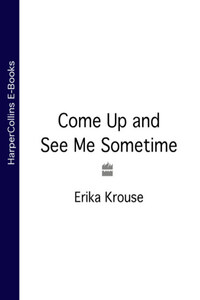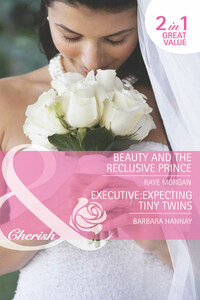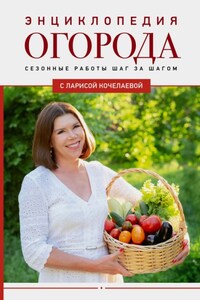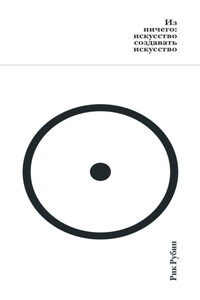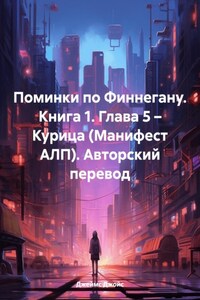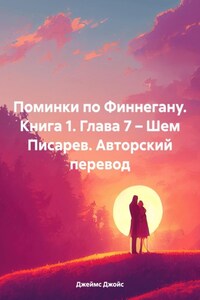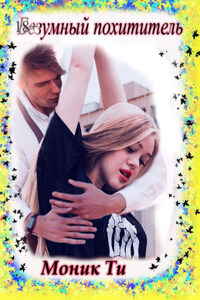I’m single because I was born that way.
—Mae West
My first wedding was Aunt Marcia’s second. I wore a straw hat with a baby blue ribbon. The church was like an old schoolroom. Before the “I do,” before the kiss, I fainted away in the pew. My mother carried me out the back door, rolling her eyes.
Queasy, I sat on the cement steps. “You’d better not do that at your wedding,” my mother told me, and spat on a handkerchief to wash my face. I started to cry, because I was confused, and because I had lost my hat. My mother touched my tears with the corner of the handkerchief. “There,” she said, “that’s a little more appropriate.” When I got home, before I even unbuckled my patent leather shoes, I opened the big blue dictionary and looked up “appropriate.”
MY FRIEND Pamela liked to play Bride. She was usually the bride, since we played at her house. I was usually the minister.
We had wrapped her head in a bedsheet with lace doilies stapled to it. Her bouquet was green and red tissue paper. She wore her best dress-up clothes—orange beads, and a pink evening gown that trailed behind her. The only trouble was, she kept stepping on it in front. “This stupid thing,” she said as she walked down the hallway, while I sang, “Here comes the bride,” in my loudest, most celebratory voice.
“Hey,” I said as she approached the cardboard box altar. “Your dress isn’t white.”
“So?”
I tried a different approach. “When can I be the bride?”
“After I’m the bride,” Pamela said, adjusting her veil.
I knew that this offer meant nothing. A second bride was no kind of bride.
“Do you take this man to be your awfully wedded husband?” I said in a bored voice.
“I do.” Pamela was demure, holding her bouquet lightly in her fingers.
“Kiss the bride.”
Pamela kissed the air passionately.
After the kiss, I stood at the altar. Pamela looked at me. The bouquet dangled from her hand.
I suddenly remembered. “Oh—throw the bouquet.”
She threw it, and I ran from the altar to pick it up. It withered in my clutch. Pamela’s ankle suddenly lopped sideways, and her foot fell out of the large shoe.
“What happens next?” I asked.
SAM VISITED me in September, and I drove him to Rocky Mountain National Park. Sam wanted pictures of elk, bighorn sheep; he wanted a mountain lion. I pulled the car over for every herd of animals. Sam jumped out with his point-and-shoot every time. He paused. The elk stared right at him. The bighorn sheep tossed its big head in Sam’s face. One after another, the animals stood perfectly still and then finally leaped away, disgusted, as Sam lowered his camera. “Missed it.”
We walked down the street in Estes Park with fresh-bought ice cream cones. “My wife,” Sam said, “will be intelligent, educated, and ambitious—yet,” with a finger raised, “will want to have approximately five to seven children.”
“Bullshit, Sam,” I said, hitting his hand as if it were a tennis ball. A penny fell from the change in his grip. He bent to pick it up.
“Does it work the same when it’s your penny? Do you get good luck when you pick it up?” I asked.
“No, but I’ll drop it again if you like. You can pick it up and get lucky.” He dropped the penny. It made a cheap sound on the pavement.
I bent down to pick it up. It was shiny and new. When I straightened up, Sam held out his hand. I put my hand there, and he pulled his away. Then he held it out again. I dropped the penny in the center of his palm. He put it in his pocket.
Two months later he called and said, “I’m getting married. I’m in love. We took a compatibility test and scored way high.”
She had the whole wedding planned in advance. Before she even met him. In a laminated pink notebook, with sketches and prices. All the songs, all the special readings by Kahlil Gibran. All she had to add were the initials on the napkins, the name on the cake.
So easy, so few decisions for him to make. He lucked out on a girl like that, I told him.
MY MOTHER called me at my soon-to-be-old apartment the day that Johnny and I were moving in together across town. “The phone’ll be disconnected at any minute,” I told her, kicking a wad of crumpled-up newspaper against the cabinet door. It bounced back to my toe, and I did it again.
